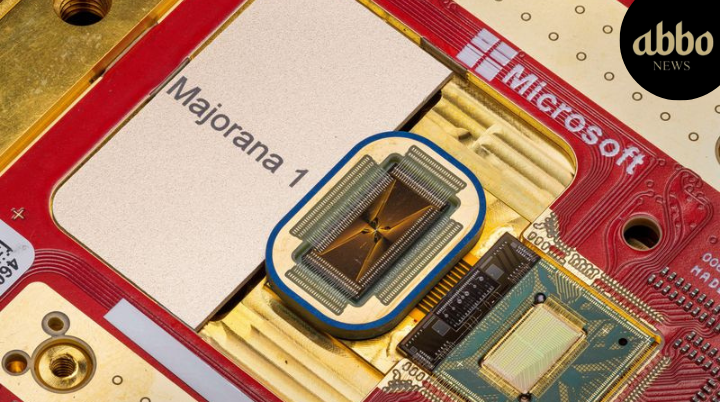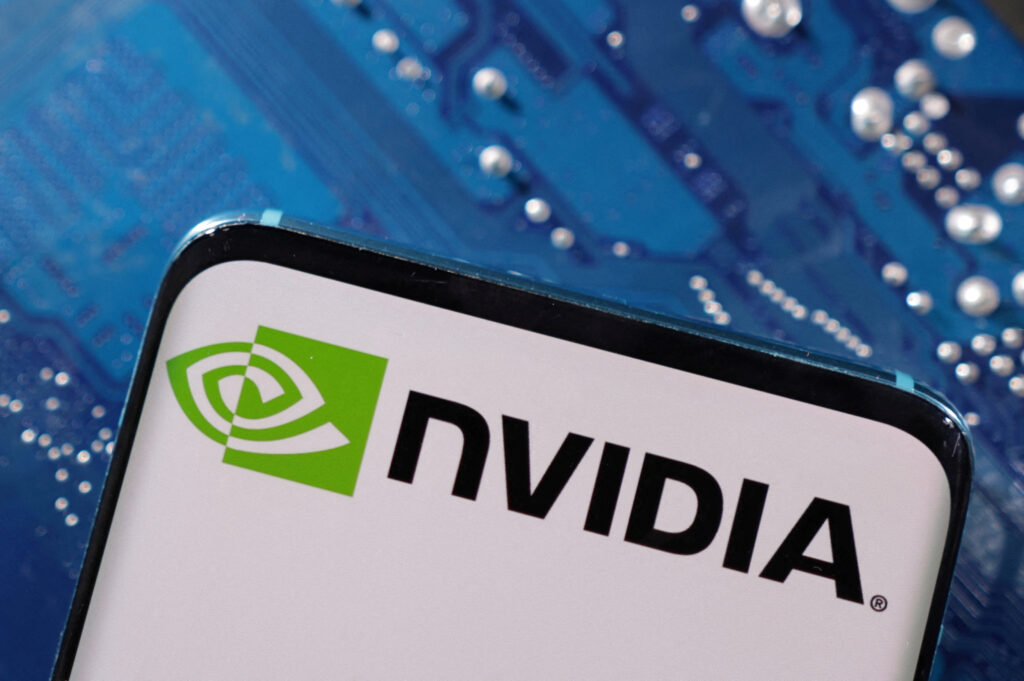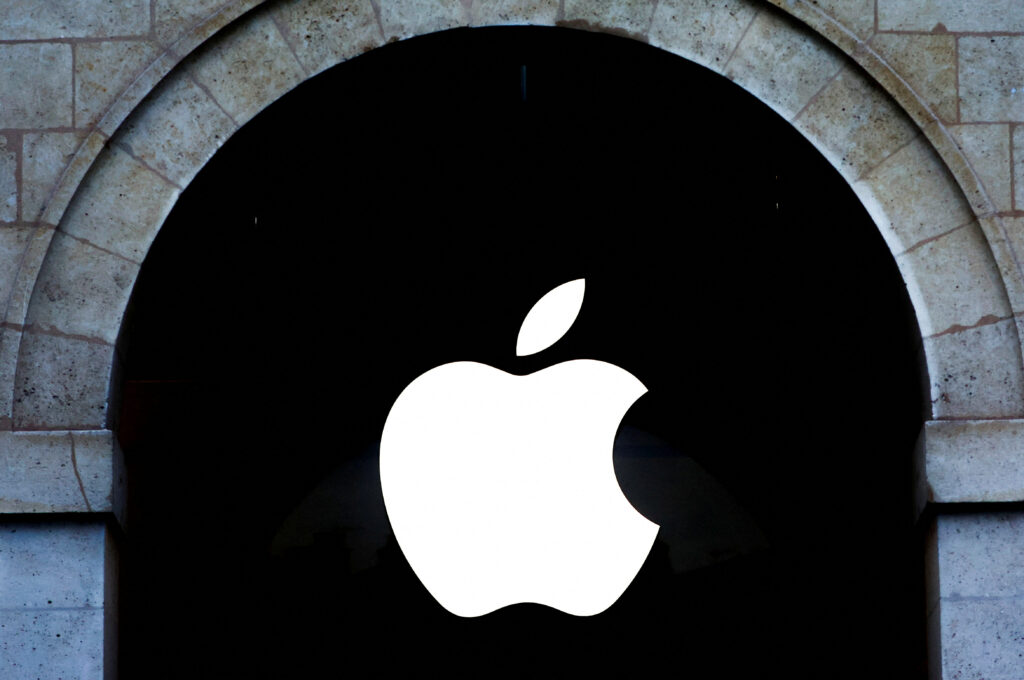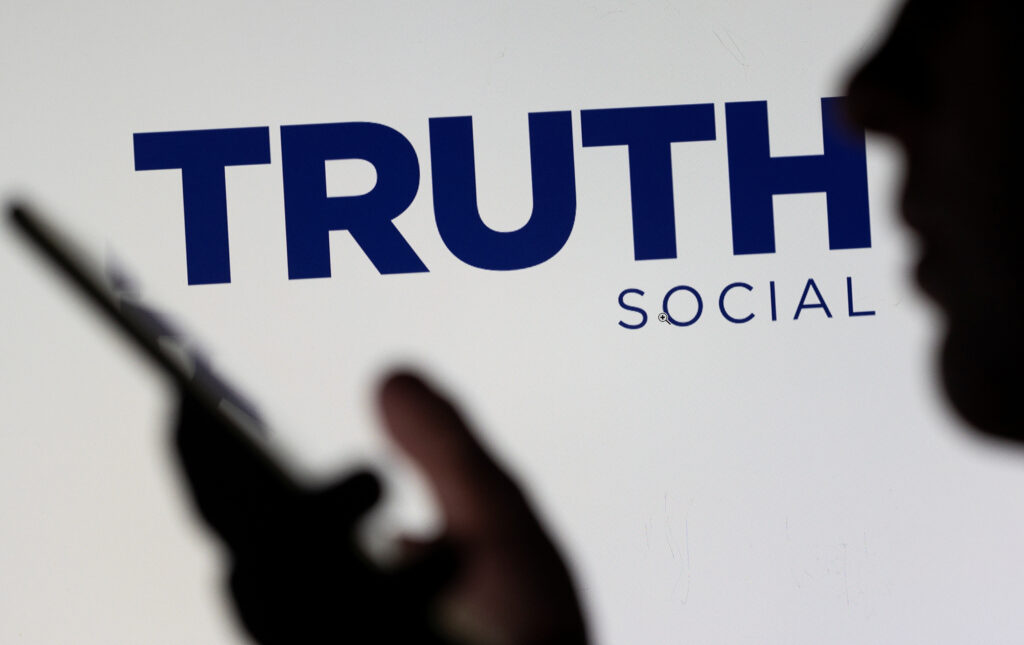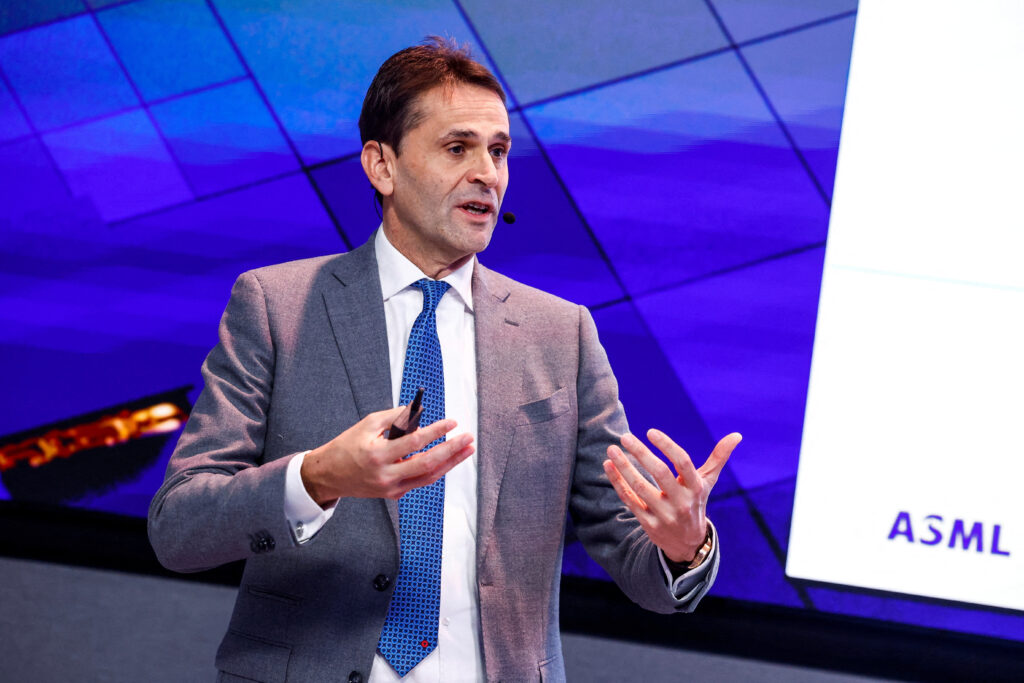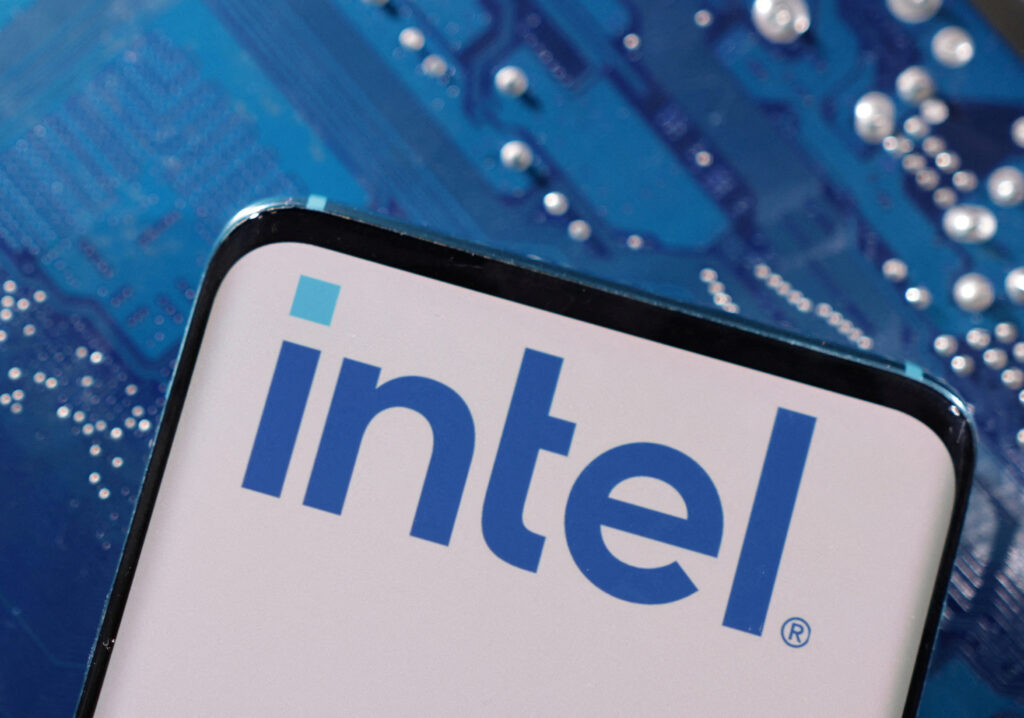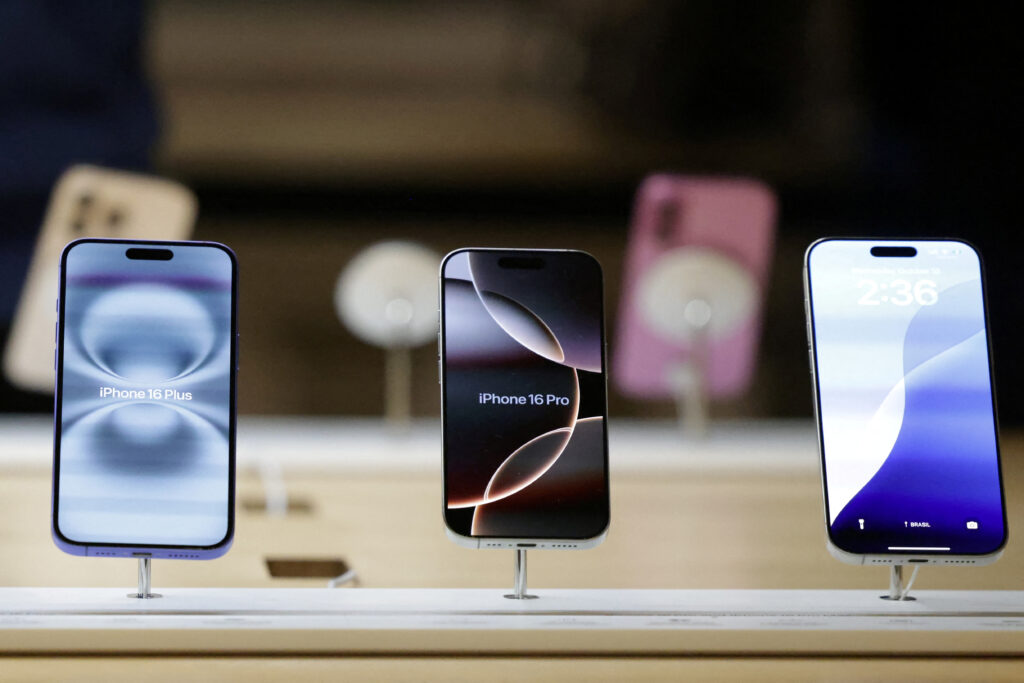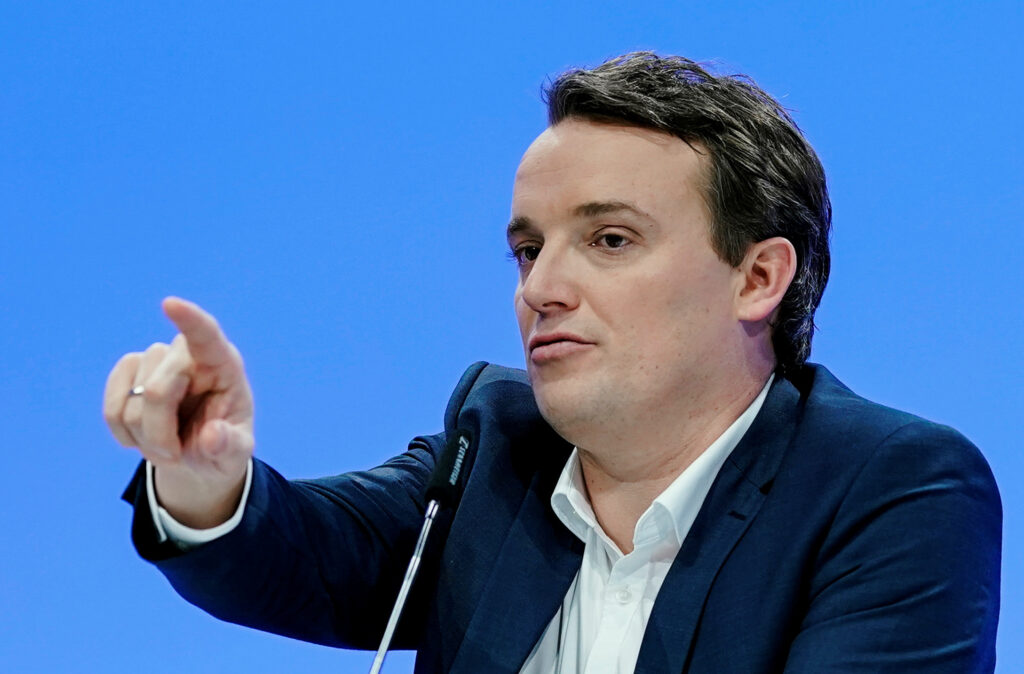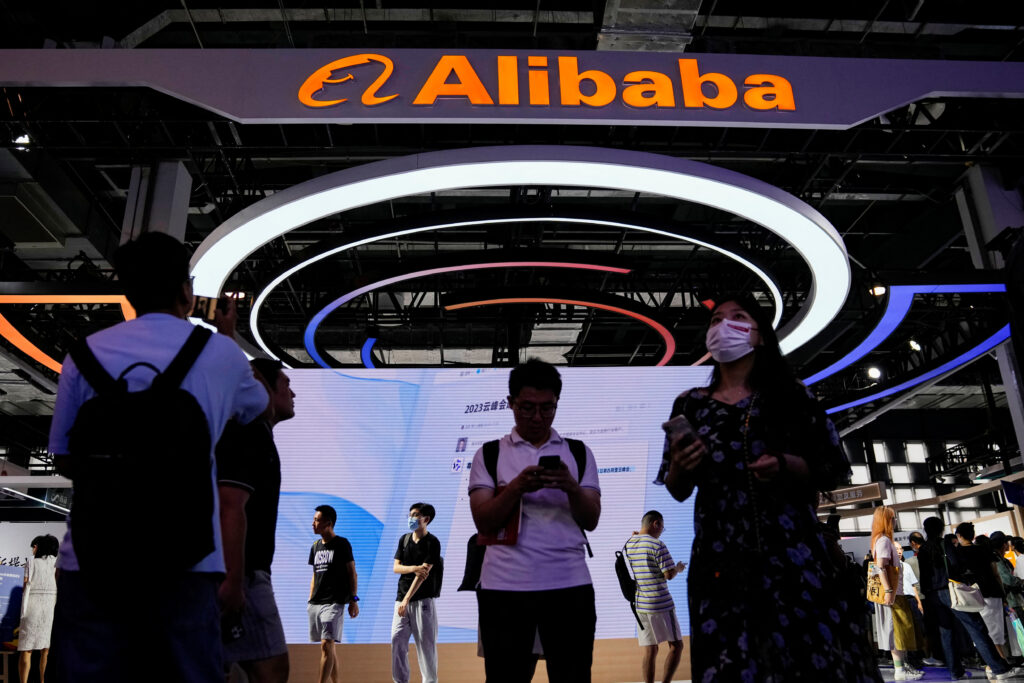Microsoft (NASDAQ: MSFT) has unveiled a new quantum computing chip, the Majorana 1, stating that practical quantum computing is now “years, not decades” away. This announcement places Microsoft in line with other tech giants like Google (NASDAQ: GOOGL) and IBM (NYSE: IBM), both of which have predicted that a major shift in computing technology is closer than many initially believed.
Quantum computing promises to revolutionize industries by solving complex calculations that would take traditional computers millions of years to complete. Its potential to unlock groundbreaking discoveries in fields such as medicine and chemistry could change the way we approach problems with vast combinations of molecules—challenges that current computers can’t handle. However, quantum computing also poses a cybersecurity risk, as it has the power to break encryption systems that rely on the complexity of brute-force attacks.
The core challenge of quantum computers lies in controlling the qubit, a fundamental unit similar to a classical computer bit. Qubits are incredibly fast but difficult to manage due to their inherent fragility and tendency to produce errors. Microsoft’s Majorana 1 chip aims to address these issues, claiming to offer a more stable qubit than current rivals. The company backed this claim with a scientific paper set to be published in Nature, a leading academic journal.
The question of when quantum computers will be practical remains hotly debated. Last month, Nvidia (NASDAQ: NVDA) CEO Jensen Huang said that the technology is still two decades away from competing with current chips used in artificial intelligence. Meanwhile, Google and IBM have more optimistic projections. Google said quantum computing could be ready for commercial use in just five years, and IBM forecasts large-scale quantum computers to go online by 2033.
The Majorana 1 chip, which has been in development for nearly two decades, is based on the Majorana fermion, a subatomic particle first theorized in the 1930s. This particle possesses unique properties that make it less vulnerable to errors—an essential feature for the successful operation of quantum computers. However, the particle has been difficult for physicists to find and control.
Microsoft (NASDAQ: MSFT) said it developed the Majorana 1 chip using indium arsenide and aluminum. The device features a superconducting nanowire to observe the particles and can be operated with standard computing equipment.
The chip Microsoft revealed Wednesday has far fewer qubits than rival chips from Google and IBM. However, Microsoft believes that its Majorana-based qubits will require fewer units to achieve practical quantum computing due to their lower error rates.
Microsoft (NASDAQ: MSFT) did not provide a timeline for when the chip would be scaled up for practical use, but the company said in a blog post that this milestone is likely just “years, not decades” away.
Jason Zander, the Microsoft executive vice president who oversees the company’s long-term strategic bets, described the Majorana 1 as a “high-risk, high-reward” venture.
The chip was developed at Microsoft labs in Washington state and Denmark.
“The hardest part has been solving the physics. There is no textbook for this, and we had to invent it,” Zander said in an interview with Reuters. “We literally have invented the ability to go create this thing, atom by atom, layer by layer.”
Philip Kim, a professor of physics at Harvard University who was not involved in Microsoft’s research, said that Majorana fermions have been a hot topic among physicists for decades and called Microsoft’s work an “exciting development” that put the company at the forefront of quantum research.
He also said that Microsoft’s use of a hybrid between traditional semiconductors and exotic superconductors appeared to be a good route toward chips that can be scaled up into more powerful chips.
“Although there’s no demonstration (of this scaling up) yet, what they are doing is really successful,” Kim said.
Latest News on Microsoft (MSFT) Stock
Edward Cooke is a financial analyst, freelance writer, and editor. He has six years of experience in financial journalism. He has an in-depth understanding of equities markets, tracking major indices and providing real-time analysis on stock price movements, corporate earnings, and market sentiment. Read Full Bio

